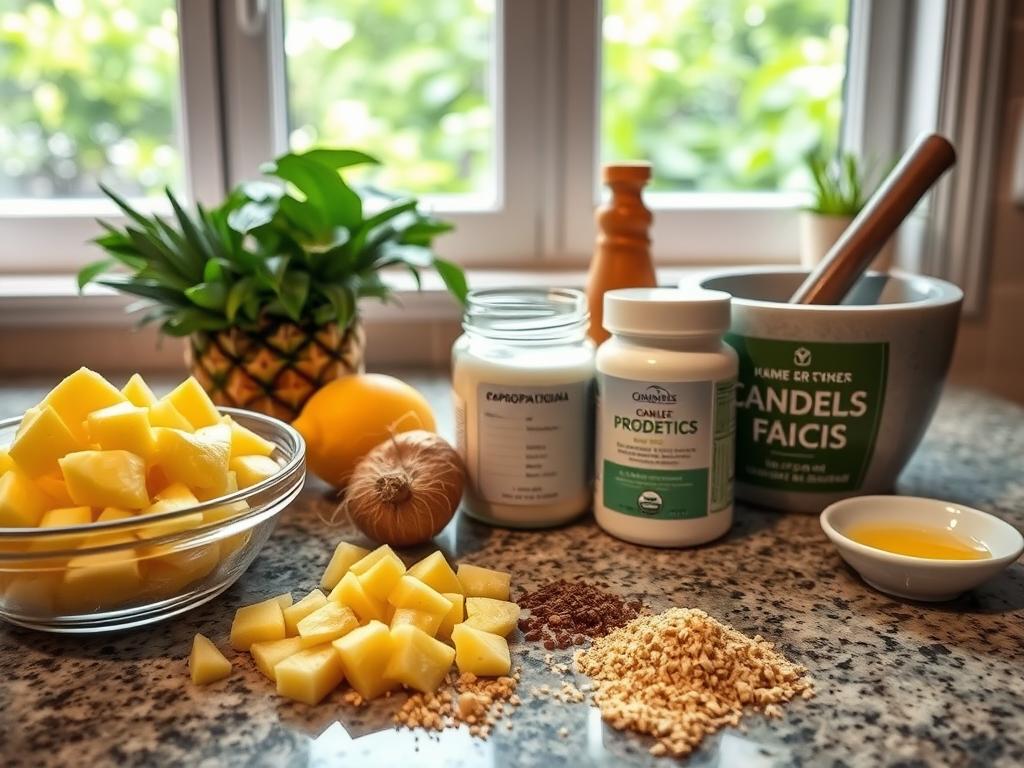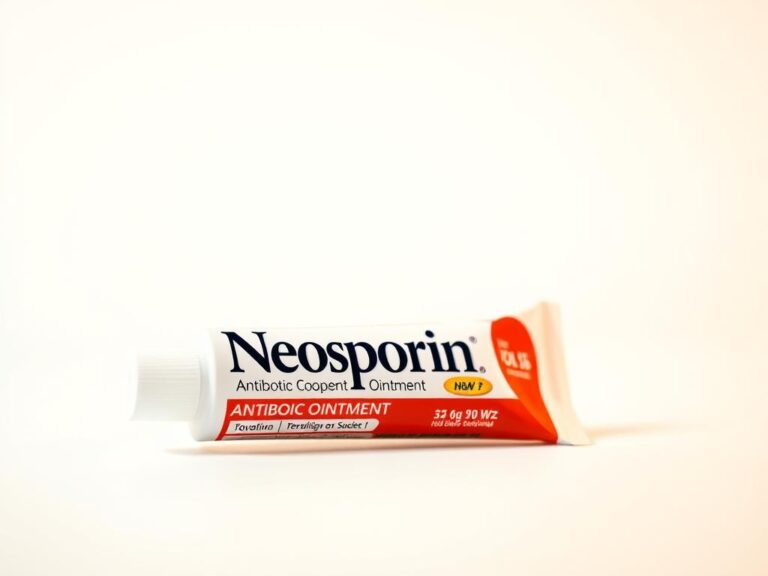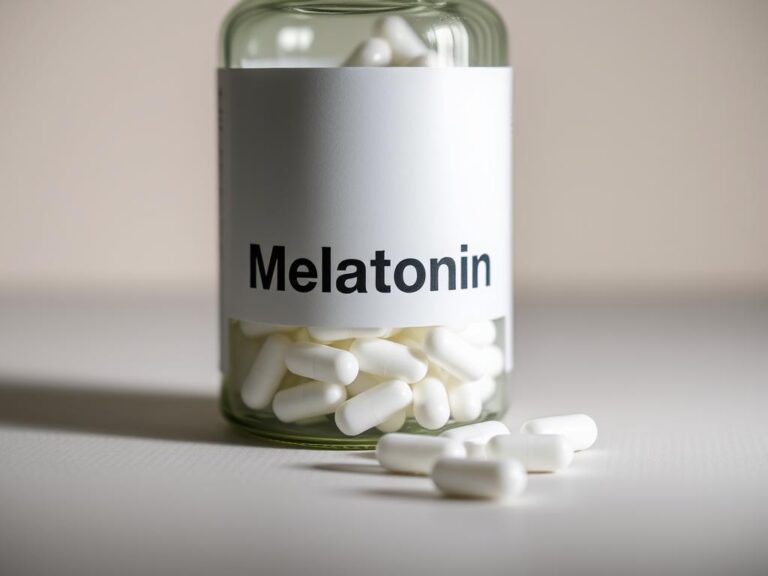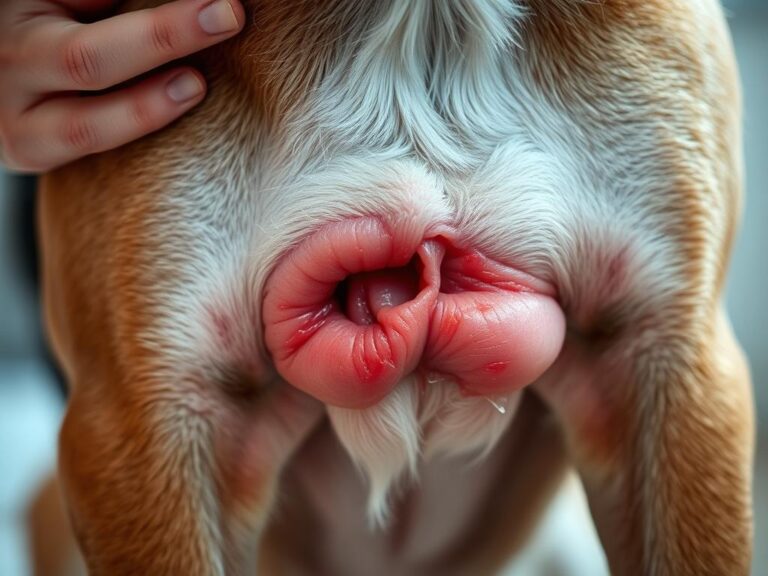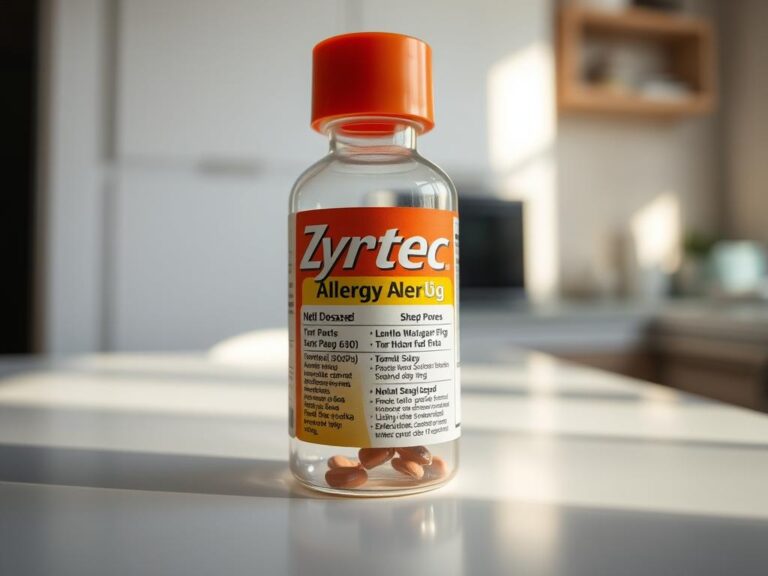Stop Dog From Eating Poop: Home Remedies That Work
Coprophagia, the behavior of dogs eating poop, is a distressing issue for many dog owners. This habit not only affects the dog’s health but also causes discomfort for the family. Understanding the reasons behind coprophagia is crucial to addressing it effectively.
Effective home remedies can help discourage this behavior. By identifying the underlying causes and applying the right remedies, dog owners can help their pets overcome coprophagia. In this article, we will explore the reasons behind this behavior and discuss various home remedies that can help stop dog eating poop.
Our focus will be on providing practical and easy-to-implement solutions to ensure a healthier and happier dog.
Understanding Why Dogs Eat Poop
Understanding why dogs engage in coprophagia requires exploring both medical and behavioral factors. Coprophagia, the act of consuming feces, can be a complex issue with multiple underlying causes.
Medical Reasons Behind Coprophagia
Medical issues can play a significant role in coprophagia. Gastrointestinal problems, such as malabsorption or inflammatory bowel disease, can lead to nutritional deficiencies, prompting dogs to seek alternative sources of nutrition, including feces. Other health issues, like diabetes or thyroid disorders, can also contribute to this behavior.
Behavioral Causes of Poop Eating
Behavioral factors are also a common cause of coprophagia. Dogs may engage in this behavior due to boredom, stress, or anxiety. Additionally, dogs may learn to eat feces by observing other dogs or due to the attention they receive from their owners when they exhibit this behavior. Understanding these reasons is crucial for addressing the issue effectively and finding appropriate dog coprophagia solutions.
Health Risks of Coprophagia in Dogs
Coprophagia, or the act of eating feces, poses significant health risks to dogs, including the transmission of parasites and infections. This behavior can lead to a range of health issues, from gastrointestinal problems to the spread of diseases.
Potential Parasites and Infections
Dogs that eat feces are at risk of ingesting parasites such as tapeworms, hookworms, and roundworms. These parasites can cause a variety of health problems, including weight loss, digestive issues, and anemia. Additionally, coprophagia can lead to the transmission of bacterial and viral infections, further complicating a dog’s health.
Impact on Your Dog’s Overall Health
The health risks associated with coprophagia can have a significant impact on a dog’s overall well-being. Gastrointestinal problems are common, and the risk of disease transmission can lead to more severe health complications. By understanding these risks, dog owners can take steps to prevent coprophagia and protect their dog’s health.
How to Stop Dog From Eating Poop: Home Remedies That Work
If your dog is eating poop, you’re not alone; several home remedies can help curb this habit. Coprophagia, the act of eating feces, can be distressing for dog owners, but there are practical solutions to address this issue.
Meat Tenderizer and Food Additives
One effective remedy is using meat tenderizer. It makes the feces taste unpleasant for dogs. Simply sprinkle a small amount on their food, and it will deter them from eating their own feces or that of other animals. Other food additives can also be used to achieve a similar effect.
Pineapple and Pumpkin Solutions
Adding pineapple or pumpkin to your dog’s diet can also be beneficial. These foods alter the feces’ taste, making it unpalatable for your dog. Pineapple is particularly effective as it contains an enzyme that makes the feces taste bad.
Taste Deterrents and Bitter Sprays
Taste deterrents and bitter sprays are another solution. These products are specifically designed to make feces taste bad. They are safe for your dog and can be applied directly to the feces. “For Best Results, Use As Directed” is a common instruction on these products, emphasizing the importance of following the manufacturer’s guidelines.
Vitamin Supplementation
Sometimes, coprophagia can be a sign of nutritional deficiencies. Providing your dog with a balanced diet and vitamin supplements can help address these deficiencies, thereby reducing the likelihood of your dog eating feces.
As noted by a veterinarian,
“A well-balanced diet is crucial in preventing coprophagia.”
Ensuring your dog receives all necessary nutrients can significantly reduce this behavior.
Dietary Changes to Prevent Coprophagia
A well-balanced diet plays a vital role in preventing the undesirable habit of coprophagia. By making informed dietary choices, dog owners can significantly reduce their dog’s inclination to eat feces. Dietary changes can improve nutrient absorption, enhance digestion, and overall health.
Improving Nutrient Absorption
One of the primary reasons dogs engage in coprophagia is a lack of proper nutrient absorption. Ensuring that your dog’s diet is rich in essential nutrients can help curb this behavior. High-quality dog food that is easily digestible can make a significant difference.
High-Quality Dog Food Recommendations
Choosing the right dog food is crucial. Look for dog food that is high in protein, moderate in fat, and low in carbohydrates. Avoid fillers and by-products that can be hard for dogs to digest. Some recommended brands include Orijen and Acana, known for their high-quality ingredients and nutrient-rich formulas.
| Brand | Protein Source | Key Features |
|---|---|---|
| Orijen | Fresh chicken, fish | High-protein, grain-free, rich in nutrients |
| Acana | Local chicken, fish | Grain-inclusive options available, rich in local ingredients |
Probiotics and Digestive Enzymes
In addition to high-quality dog food, incorporating probiotics and digestive enzymes can further enhance your dog’s digestive health. Probiotics help maintain a healthy gut microbiome, while digestive enzymes aid in the breakdown of food, improving nutrient absorption.
By implementing these dietary changes, dog owners can take a significant step towards preventing coprophagia and improving their dog’s overall health and well-being.
Environmental Management Strategies
Environmental adjustments can significantly reduce your dog’s inclination to eat feces. By managing the environment effectively, you can minimize the opportunities for coprophagia to occur.
Prompt Waste Removal Techniques
One of the most straightforward methods to prevent coprophagia is to remove feces promptly. This can be achieved by regularly cleaning up after your dog during walks and in the yard. For households with multiple dogs or large areas to cover, establishing a routine can be helpful.
- Immediately pick up feces during and after walks.
- Regularly clean your yard, especially areas where your dog spends a lot of time.
- Consider using a poop scoop or bag to make cleanup easier.
Supervision and Leash Control
Supervising your dog, especially during walks, is crucial. Using leash control can prevent your dog from accessing feces. For more information on managing your dog’s behavior during walks, you can refer to resources like this article on house training.
Keeping your dog on a leash allows you to control their movements and prevent them from eating feces.
Creating Distraction Alternatives
Creating distraction alternatives is another effective strategy. By providing your dog with engaging activities or toys, you can divert their attention away from feces. Interactive toys filled with treats can be particularly effective.
By implementing these environmental management strategies, you can significantly reduce your dog’s tendency to engage in coprophagia, promoting a healthier and more pleasant living environment for both you and your pet.
Training Your Dog to Stop Eating Feces
To address the issue of dogs eating feces, it’s crucial to implement a comprehensive training plan. This involves understanding why your dog engages in this behavior and applying effective training techniques to modify it.
The “Leave It” Command
One of the fundamental commands in dog training is the “leave it” command. This command helps in distracting your dog from feces and other undesirable objects. To teach this command, start by placing a treat in front of your dog and saying “leave it.” If they attempt to take the treat, cover it with your hand and say “no.” When they leave the treat alone, praise them and give them a different treat as a reward.
Positive Reinforcement Methods
Positive reinforcement is a powerful tool in dog training. By rewarding your dog for desired behaviors, you can encourage them to adopt healthier habits. For instance, when your dog ignores feces on command, reward them with treats and praise. This method helps in reinforcing good behavior and discouraging undesirable actions.
Consistency and Patience in Training
Consistency and patience are key elements in training your dog. It’s essential to establish a routine and stick to it, ensuring that your dog understands what is expected of them. Training sessions should be regular and consistent, with rewards for good behavior.
Using Clicker Training
Clicker training is an effective method that uses a clicker to mark desired behaviors, followed by a reward. This technique helps in precise communication with your dog, making it easier for them to understand what behavior is being rewarded.
Reward-Based Behavior Modification
Reward-based behavior modification involves changing your dog’s behavior by rewarding desired actions. This approach is not only effective but also fosters a positive relationship between you and your dog. By focusing on rewards rather than punishments, you can create a supportive training environment.
Conclusion: When to Consult Your Veterinarian
Addressing coprophagia in dogs requires a multi-faceted approach that includes home remedies, dietary changes, environmental management, and training. While these methods can be effective, some cases may require professional veterinary advice to rule out underlying medical issues.
If your dog continues to eat feces despite trying various remedies, it’s essential to consult a veterinarian to determine the underlying cause. A veterinarian can help identify potential health risks and recommend appropriate treatment. Maintaining healthy dog habits, such as providing a balanced diet and regular exercise, can also help prevent coprophagia.
By understanding the causes of coprophagia and taking a comprehensive approach to address it, you can help your dog overcome this undesirable behavior. Consulting a veterinarian for coprophagia can ensure your dog receives the necessary care to prevent potential health complications and promote overall well-being.
